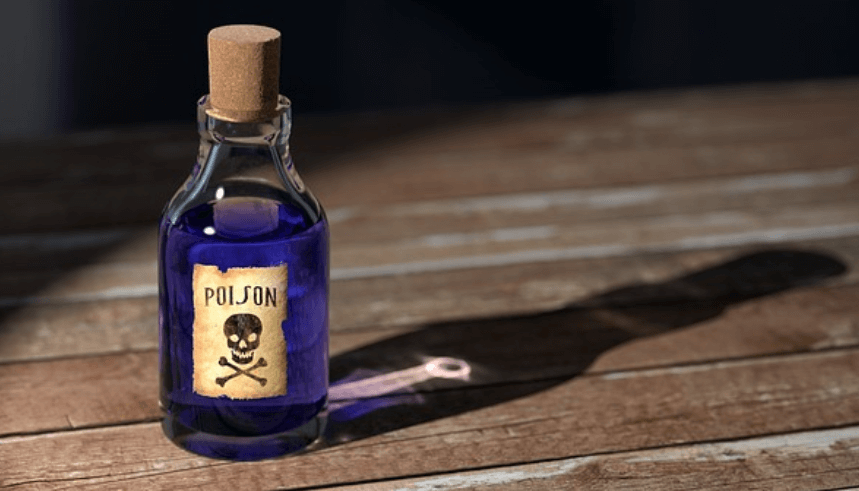
When it comes to the fluids in your car, it’s important that you don’t mix them up or it will be like drinking poison. Not a good thing, just to varying degrees. Like our bodies, our cars require a lot of fluid. Not only is it important to make sure the right fluid goes into the right engine compartment, it makes a difference in the quality of those liquids too. Make sure you have read your owner’s manual and that you have an awesome auto mechanic to partner with so that you understand what is best for your specific vehicle and don’t forget to factor in the area in which you live. Yes, location matters too!
Preventative and regular maintenance is critical to the longevity and performance of your vehicle. Each and every fluid in your car plays a critical role in contributing to both. From keeping things clean to lubed, they matter. And checking these fluids is an easy way you can help care for your car in between visits to your favorite automotive repair shop! Your owner’s manual will help with that but don’t hesitate to reach out to the team at Complete Automotive to help you fully understand what is what under your hood and what fluid goes where.
Here are the basics:
Oil: this is the most necessary fluid next to gasoline. Most cars have a dipstick to easily see how your oil level is and if you need more. If it’s low, it could be due to a leak or burning oil. Neither one is good. You’ll want to make sure the color is as it should be too: a lovely amber means it’s all good to go versus if it dark and/or gritty, it viscosity is wearing down and it won’t be able to do the job it needs to. If the fluid is milky, that is an indication that coolant is leaking into the engine. Also not good!
Washer fluid: this is a relatively easy one. Gas stations always have it at the ready and it’s the easiest one to pour yourself. Never just use water and keep in mind that the kind you should use changes with the seasons.
Antifreeze/Coolant: this fluid is responsible for helping to keep your engine cool enough to not leave you stranded on the side of the road. Engines run fast and hot and a good coolant will do the job of keeping your engine cool. Never EVER check this fluid while the engine’s hot or you’ll be on your way to the emergency room! It doesn’t require changing but every 50,000 miles or so on most cars, but again, check your owner’s manual for specifics.
Power steering fluid: cool, old cars tend to be much more difficult to steer because they aren’t using pressurized hydraulic technology to make that task a breeze. Our more modern vehicles can make it easy to use just one finger to turn a corner (although we don’t recommend doing that!) If you’re finding you’re having to top this fluid off on a regular basis, you’ve probably got a leak and your steering will be increasingly more difficult to handle.
Transmission fluid: responsible for cooling and lubricating components in your vehicle’s transmission. Gears, clutches, valves all need proper cooling and lubrication, or things aren’t going to go well for you that day. This fluid should be checked with the engine running and it should look red or amber. In some cars, you’ll need a trained auto mechanic to check this fluid. Sorry about that! But Complete Automotive is here to help!
Brake fluid: considering that brake fluid is what makes your pedal actually connect with the brakes to make them stop, if anything feels off in your braking experience, this is definitely the first thing to check. There’s usually a reservoir in the engine bay so it should be simple to check for discoloration and dirt. Don’t mess with this one, folks! It’s not just the cost of repairs, but this one could be deadly. Safety first!
Take the time to check these fluids (along with tire pressure) on a semi-regular basis and especially if you’re planning a road trip. Always prioritize safety as well regular maintenance. Both will go a very long way in keeping you happily driving your car for years to come! If you’d like some help with your car’s fluids, Complete Automotive is at the ready! Feel free to contact us. You’ll be glad you did. Complete Automotive is conveniently located at 2238 E. Chestnut Expressway, Springfield, MO 65802.